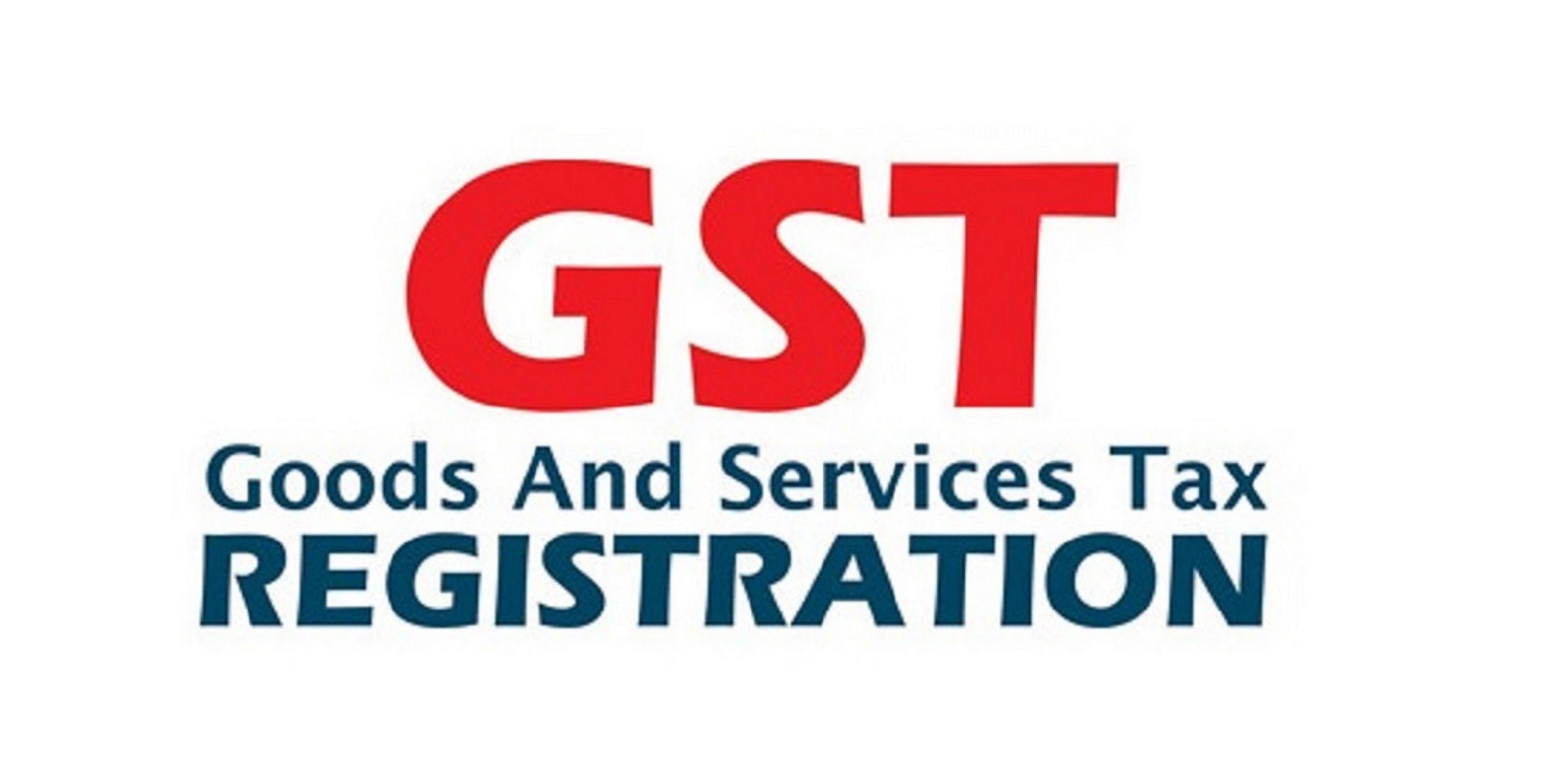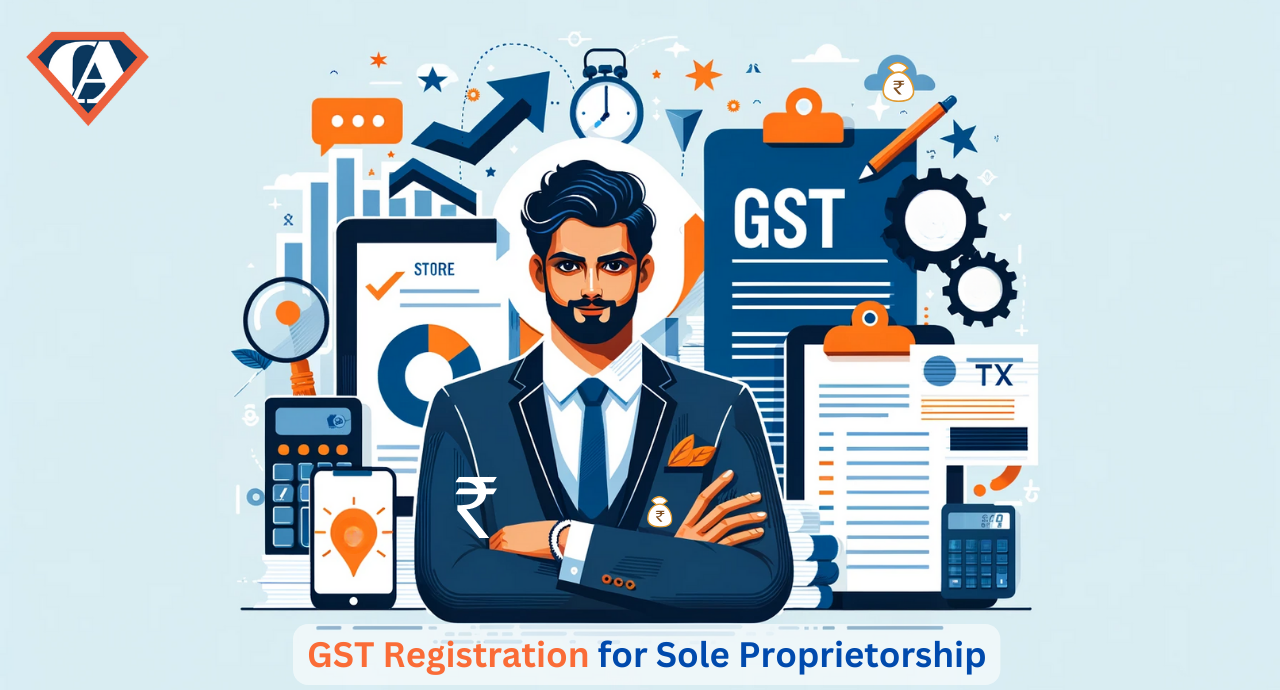How to Browse Singapore GST Registration for Your Firm
How to Browse Singapore GST Registration for Your Firm
Blog Article
The Ultimate Overview to Simplifying the GST Registration Refine and Needs for Local Business Owners

Comprehending GST Basics
To grasp the fundamentals of the Item and Provider Tax Obligation (GST) system, little organization proprietors need to first understand its underlying effects and concepts. GST is a value-added tax obligation levied on the majority of goods and services for residential usage. It aims to simplify the taxation procedure by changing several indirect taxes enforced by the state and central federal governments. Under the GST program, organizations are needed to accumulate and register tax on part of the government, ensuring openness and compliance.
Among the essential concepts of GST is input tax obligation credit report, which enables organizations to assert credit rating for tax obligations paid on their purchases. This mechanism stops the cascading impact of tax obligations and promotes performance in the tax system. In addition, GST is a destination-based tax obligation, indicating that the tax obligation is imposed at the point of consumption instead than the point of beginning. This guarantees reasonable distribution of tax profits among states based upon where the items or solutions are consumed. Understanding these fundamental concepts is vital for local business proprietors to browse the intricacies of the GST system and guarantee conformity with the legislation.
Eligibility Requirements for Registration
Having actually developed a foundational understanding of GST concepts, local business proprietors should currently meet details eligibility criteria to wage the enrollment procedure. In India, entities participated in the supply of products or solutions with a yearly accumulation turnover exceeding Rs. 40 lakhs (Rs. 10 lakhs for unique classification states) are needed to register for GST. In addition, particular services such as those entailed in inter-state supply of goods, informal taxed persons, and those required to pay tax under the reverse charge system should sign up for GST regardless of their turnover. Moreover, organizations that were registered under the previous tax obligation program (BARREL, solution tax obligation, etc) are also mandated to register under GST. Farming services that only supply generate out of key production are exempt from GST enrollment. It is important for business owners to thoroughly examine their eligibility based upon these standards to guarantee compliance with the regulation and stay clear of any type of charges for non-compliance.
Records Needed for GST Registration

Simplified Enrollment Refine Steps
Complying with the collection and verification of the requisite files, the registration process for GST can be browsed through a collection of streamlined actions created to help with effective compliance for local business owners. The very first action involves visiting the GST site and selecting the 'New Enrollment' choice. Consequently, the applicant needs to load in Component A of the GST REG-01 form with Visit Your URL details such as PAN, mobile number, and e-mail address to get an OTP for confirmation. Once the OTP is received and gotten in, a Short-term Recommendation Number (TRN) is created for further procedures. The following action calls for filling in Part B of the form with required service information, publishing supporting papers, and finishing the verification procedure making use of DSC or EVC. Ultimately, upon effective verification, an Application Reference Number (ARN) is provided, indicating the conclusion of the GST enrollment procedure. By complying with these streamlined steps, small company proprietors can efficiently register for GST and ensure conformity with tax laws.
Tips for Ensuring Compliance
To maintain regulatory adherence and functional stability, you could try these out diligent oversight and aggressive measures are pivotal in making certain conformity with GST requirements for small company proprietors. Small company proprietors must remain updated with GST laws, submitting target dates, and any changes in tax rates to prevent penalties and maintain a great standing with tax obligation authorities. One crucial idea for compliance is to maintain thorough and precise records of all transactions, consisting of invoices, billings, and expenses associated with GST. Routinely resolving economic documents with GST returns can help in recognizing and rectifying any kind of discrepancies promptly. Furthermore, conducting periodic internal audits or looking for professional support can guarantee that the business is adhering to all GST policies correctly. It is additionally vital for small company owners to purchase GST-compliant accountancy software application that can streamline the tax declaring process and minimize errors. Attending GST recognition workshops or training programs can enhance understanding and conformity with GST guidelines, ultimately benefiting the service in the lengthy run.
Final Thought
To conclude, small company proprietors must recognize the basics of GST, fulfill the eligibility requirements, gather needed papers, and adhere to the simplified enrollment process actions to make sure conformity. By streamlining the GST enrollment process and requirements, tiny organization owners can prevent penalties and operate their organizations smoothly within the lawful wikipedia reference framework - Singapore GST Registration. It is important for small company proprietors to stay enlightened and compliant with GST policies to preserve a successful service operation
Small business proprietors seeking GST enrollment need to ensure they gather and submit the required records to complete the enrollment process successfully. The files needed for GST registration usually consist of proof of company registration or incorporation, FRYING PAN (Irreversible Account Number) card of the service address, entity and identity evidence of the promoters/partners/directors, photos, address evidence of the area of company, bank account statements or canceled cheques, and permission kinds. Going to GST understanding workshops or training programs can enhance understanding and compliance with GST regulations, inevitably profiting the business in the lengthy run.
By simplifying the GST registration procedure and needs, tiny service proprietors can prevent fines and operate their companies smoothly within the lawful structure. It is vital for small organization proprietors to stay educated and compliant with GST laws to maintain a successful company procedure.
Report this page